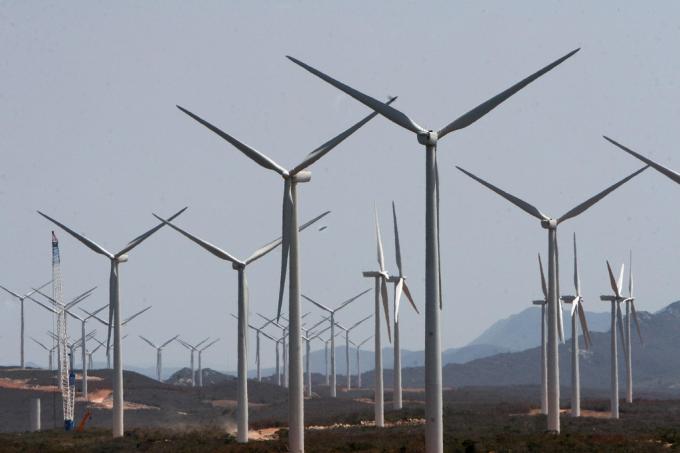Pressure is a word that means strength that is exerted on something. It can also indicate the act of compress or press. Also corresponds to a greatness from the context of Physics.
In physics, pressure is a quantity that is quantified through the ratio between the force (F) and the area (A) of the surface in question, where the force is applied. It is possible to determine the pressure through some instruments, including the manometer, the barometer, the piezometer and the vacuum gauge.
According to the International System, pressure is measured in the unit N/m² (Newton per square meter), a unit also known as pascal. There are other units like bar, PSI (equivalent to 0.07 bar), mmHg, millibar, atm.
In a figurative sense, putting pressure on someone means influencing or forcing someone to do something. For example: He only broke that window because of pressure from his friends.
Blood pressure
Blood pressure is the force that the blood puts on the walls of blood vessels, thanks to the function of the heart. It reaches its maximum value (approximately 120 mmHg) near the heart, and its minimum in the capillaries (approximately 30 mmHg).
There are some factors that can affect blood pressure. These include cardiac activity, vascular tone, and blood consistency (viscosity).
Blood pressure values for a healthy adult considered "normal" are 90-140 mmHg (systolic) and 60-80 mmHg, depending on the phase of the cardiac cycle. Blood pressure usually decreases during sleep, and increases during situations of strong emotions.
When blood pressure is above what is considered normal, we are facing a case of hypertension. The reverse case is known as hypotension.
absolute pressure
Absolute pressure is measured relative to absolute vacuum and consists of the sum of relative pressure and atmospheric pressure. It is the pressure that is made inside a manometer, by the material whose pressure is intended to be known.
Atmospheric pressure
Atmospheric pressure is a consequence of gravity and is the pressure that is made by the air in the atmosphere in relation to the earth's surface, and may also correspond to the pressure that is exerted on a layer of air.
The higher the altitude, the lower the atmospheric pressure, which is also true of air density. When a zone has low atmospheric pressure, cyclonic phenomena (bad weather) usually occur and when there is high pressure, anticyclonic phenomena occur.
Winds are formed thanks to changes in the atmospheric pressure in the air, which are caused by the Earth's rotation, and the warming of the atmosphere, which results from the constantly changing radiation from the Sun.
Changes in atmospheric pressure have a big impact on the human body. The progressive reduction in pressure can cause aeroembolism or dysbarism, a disorder characterized by the formation of air bubbles in the tissues.
hydrostatic pressure
It is obtained through the quotient between the "normal" force (F) acting on a liquid on the side of an object and which is independent of its orientation. It may vary depending on the depth of the object considered.



